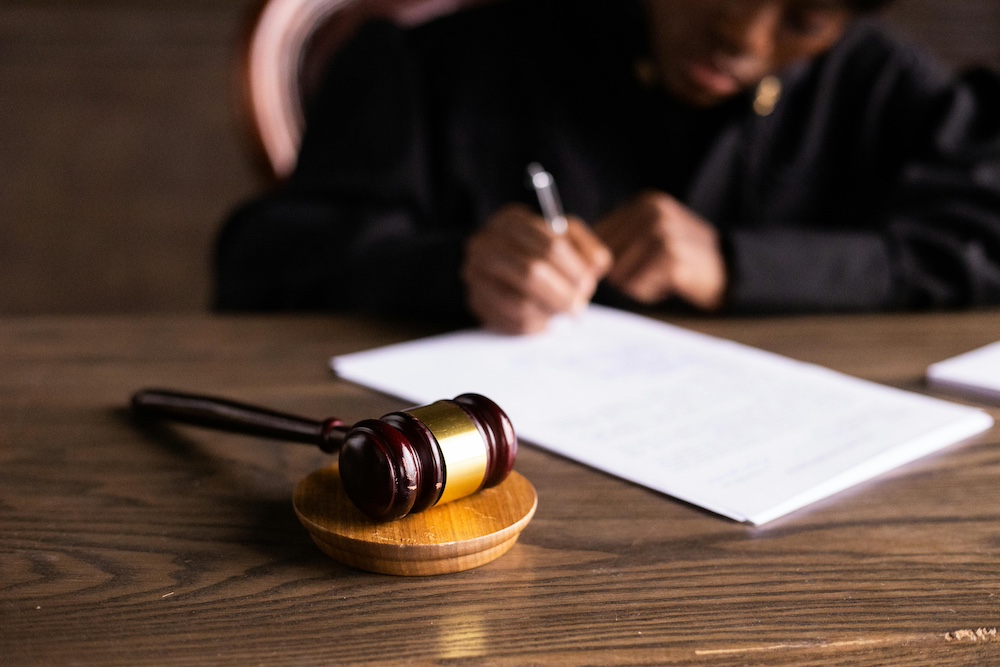A recognizance order is a formal court order that requires an individual to enter into a binding agreement to follow specific conditions, usually as part of bail or peace bond proceedings. In Canadian criminal law, recognizance orders are a central tool used by the courts to ensure public safety, encourage compliance with the law, and provide alternatives to pre-trial detention. The individual making the promise—often referred to as the accused—must agree to abide by the set conditions. Failure to do so can result in arrest, criminal charges for breaching the order, and potential financial penalties.
Recognizance in Bail Situations
When someone is released on bail, the court may order that they enter into a recognizance. This recognizance acts as a pledge that the accused will comply with conditions imposed by the court. These conditions vary depending on the circumstances but always aim to balance the accused’s right to liberty with the safety of the public and the integrity of the judicial process. Recognizance orders in bail situations often involve either the accused or a surety pledging a sum of money as a guarantee of compliance.
Recognizance and Peace Bonds
Outside of bail, recognizance orders are also commonly used in peace bond situations. A peace bond is a court order requiring a person to “keep the peace and be of good behaviour” for a set period, often up to one year. Peace bonds are frequently used where there are reasonable grounds to fear that someone may commit a criminal offence but where criminal charges are not appropriate or possible. In such cases, recognizance ensures that the individual agrees to certain restrictions, such as avoiding contact with specific people or staying away from certain locations.
Common Conditions in Recognizance Orders
The specific terms of a recognizance order depend on the facts of each case, but conditions typically include:
- Keeping the peace and being of good behaviour
- Attending court as required
- Reporting to a bail supervisor or police officer
- Abstaining from alcohol or drug use, particularly if substance use is linked to the alleged offence
- Having no contact with certain individuals, such as victims, witnesses, or co-accused persons
- Not attending certain locations, such as a complainant’s residence or workplace
- Abiding by curfews
- Not possessing weapons
- Residing at a specified address
- Financial pledges by the accused or their surety
These conditions are meant to be the least restrictive measures necessary to address the concerns of the court while still protecting the public.
Role of Sureties in Recognizance Orders
A surety is a person who takes responsibility for supervising the accused while they are on release under a recognizance. Sureties pledge money as part of the recognizance, and they risk forfeiting this money if the accused fails to comply with the conditions. Courts carefully evaluate the suitability of a proposed surety, considering factors such as their relationship with the accused, financial stability, and ability to monitor the accused’s compliance.
Consequences of Breaching a Recognizance Order
Breaching a recognizance order is a criminal offence under the Criminal Code of Canada. An individual who violates the terms of their recognizance may be arrested and charged, which can lead to further penalties, including fines, stricter bail conditions, or detention. In addition, breaching recognizance undermines the accused’s credibility with the court and may affect future bail hearings or sentencing outcomes.
Varying or Terminating Recognizance Orders
Recognizance orders are not always permanent. Circumstances may change, making it necessary to modify or terminate the order. For example, if a curfew interferes with employment or medical needs, the accused may apply to the court to vary the conditions. Courts will only adjust conditions if the changes remain consistent with public safety and the principles of the Criminal Code.
Charter Protections and Recognizance
The Canadian Charter of Rights and Freedoms provides individuals with the right not to be denied reasonable bail without just cause. Section 11(e) ensures that bail and recognizance conditions are fair, proportionate, and not unduly restrictive. If recognizance conditions are overly harsh, they can be challenged in court. Defence counsel plays a vital role in advocating for conditions that respect an accused’s rights while addressing the court’s concerns.
Why Legal Representation is Important
Recognizance orders can significantly affect daily life. The restrictions may impact employment, relationships, and personal freedom. Legal representation ensures that the conditions imposed are reasonable and tailored to the specific situation. A defence lawyer can argue for the least restrictive conditions possible, explain the obligations clearly to the accused, and assist in applications to vary or challenge the terms of recognizance when necessary.
Schedule a Free Consultation with Lichtman Law
If you are facing a recognizance order, it is essential to understand both your rights and responsibilities. Mishandling these obligations can have lasting consequences for your case and your freedom. Contact Lichtman Law today to schedule a free consultation with an experienced criminal defence lawyer who can guide you through the process and protect your interests.


